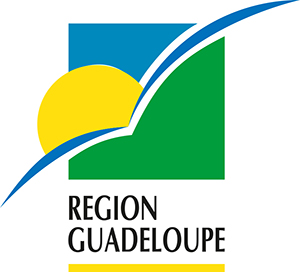The measures passed by Guadeloupe’s regional government during the first habilitation sought to transform the market through an influx of more efficient solutions. The regional government achieved this by providing incentives for households to opt for more efficient technology and by introducing new regulations for businesses.
These represented major changes and their impact will be felt especially in the long term.
Several indicators highlighted the effect of this legislative tool on curbing energy demand and on developing renewable energy.
For example, the following were directly attributed to new regulation in Guadeloupe:
- Compliance with combined quotas in the wind and solar energy sectors, resulting in the expansion of rooftop solar panels over ground-mounted panels, which are preferable given Guadeloupe’s shortage of land and which promotes job creation
- The prohibition of some ground-mounted photovoltaic panels when these did not meet local expectations
- The development of professions specialized in energy-efficient construction, with certification of approximately 30 technicians with the ability to assess the application of Guadeloupe’s thermal regulations (Réglementation Thermique pour la Guadeloupe, RTG)
- The elimination of the least energy-efficient air conditioners from the market
Regulations must be drafted with long-term goals in mind to ensure they can respond to changes in the market.
The successes of the first habilitation resulted in a 2-year extension in 2013; in January 2016 a further extension was approved to continue until the reelection of the Regional Council.







